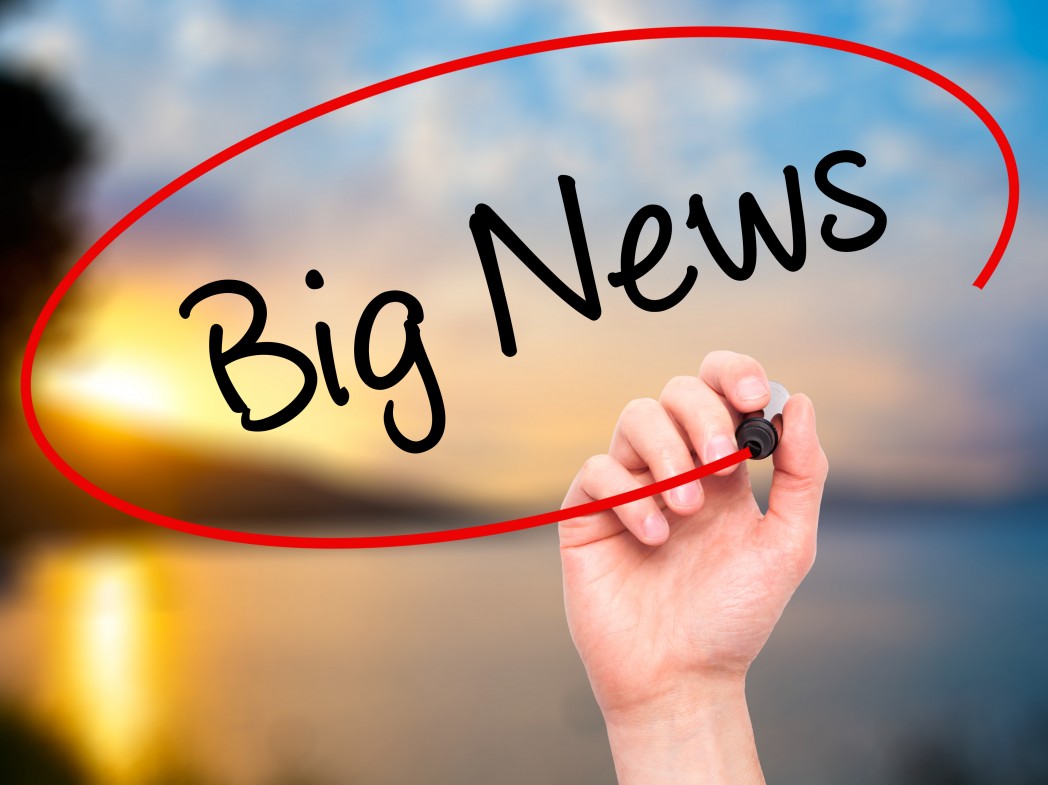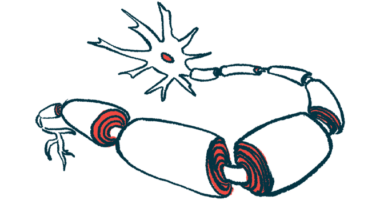Brainstorm’s NurOwn for ALS Gets High Marks in Phase 2 Trial

BrainStorm Cell Therapeutics reported data from its recently completed Phase 2 clinical trial of NurOwn in 48 patients with amyotrophic lateral sclerosis (ALS), according to a recent press release.
The trial achieved its primary endpoint; treatment with NurOwn was found generally safe and well tolerated.
NurOwn also achieved multiple secondary endpoint success, demonstrating clinically meaningful benefit, with response rates higher in patients treated with NurOwn versus patients treated with placebo.
“We are very encouraged by these Phase 2 data that show that NurOwn cell therapy is safe and that a single administration produces a transient and clinically meaningful beneficial response in terms of both the ALS-FRS-R rating scale and CSF biomarkers,” said Dr. Robert H. Brown, Professor and Chair of Neurology at the University of Massachusetts Medical Center and Medical School, and an investigator in the trial. “These exciting findings clearly indicate that it is appropriate to conduct a longer study with repetitive dosing.”
The trial, “Phase 2, Randomized, Double Blind, Placebo Controlled Multicenter Study of Autologous MSC-NTF Cells in Patients With ALS (NurOwn),” (NCT02017912), was a multi-center, randomized, double blind, placebo-controlled study to evaluate the safety and efficacy of autologous (self) transplantation of neurotrophic factors-secreting mesenchymal stromal cells (MSC-NTF, NurOwn) in patients with ALS.
Patients were followed monthly for three months before treatment and six months following treatment (assessed at 2, 4, 8, 12, 16 and 24 weeks).
NurOwn is an autologous (self-transplanted) adult stem cell therapy technology that can differentiate bone marrow-derived mesenchymal stem cells (MSC) into specialized, neuron-supporting cells (NTF). The cells can, in turn, secrete nerve-growth factors that protect the existing motor neurons, and promote motor neuron growth and the re-establishment of the nerve-muscle interaction.
NurOwn technology uses the patient’s own stem cells. The MSCs are isolated from the patient’s bone marrow, and expanded and induced to differentiate into MSC-NTF cells. The cells with neuroprotective properties are then transplanted back into the patient.
Safety and tolerability measurements showed no adverse side effects.
Secondary endpoint results showed changes in the slope of Amyotrophic Lateral Sclerosis Functional Rating Scale (ALSFRS-R) score, changes in Slow Vital Capacity (SVC) scores and muscle strength, positive responder analysis (the percentage of subjects who improved post-treatment compared with pre-treatment), and a favorable subgroup analysis.
Dr. Merit E. Cudkowicz, professor of neurology at Harvard Medical School and chief of neurology at Massachusetts General Hospital, said he is “excited” about the trial results.
“More participants in the treated group had slowing of progression and there were no safety concerns. The increased levels of growth factors in the cerebrospinal fluid and decreased inflammatory markers observed after two weeks are encouraging evidence for a biological effect. Based on these results, repeat dosing at 8 to 12 weeks and a larger confirmatory trial are warranted,” Cudkowicz, said. “I look forward to continuing to work closely with Brainstorm on the development of NurOwn for ALS.”
Dr. Anthony J. Windebank, Professor of Neurology and Director for Discovery, Mayo Clinic Center for Regenerative Medicine, agreed.
“After almost thirty years of conducting clinical studies in ALS I am personally very encouraged and excited by the trial results,” Windebank said. “There are positive efficacy signals with clear indications to proceed to the next phase. We at Mayo clinic will be eager to move ahead with that as soon as possible.”
Chaim Lebovits, CEO of BrainStorm, thanked patients, investigators, the data safety monitoring board and everyone else who contributed to the trial.
“These data give us valuable insights into the beneficial treatment effect with NurOwn,” Lebovits said. “This study met its objectives, demonstrating both the safety of NurOwn and its ability to provide clinical benefit to ALS patients, and most importantly, will help us to determine the study population and design for a pivotal study of multiple doses of NurOwn in ALS.”






